Paris is stepping up its game in digital asset oversight. Reports emerging from Bloomberg today, October 18, 2025, indicate that the French Autorité des Marchés Financiers (AMF) is targeting major crypto exchanges, including global powerhouses Coinbase and Binance, for significantly widened Anti-Money Laundering (AML) checks. This strategic move signals a tightening regulatory grip not just in France, but potentially across the entire European economic area, pushing the digital asset industry further into the realm of traditional financial compliance.
The French Regulatory Offensive
The French AMF has long been recognized for its vigilant approach to financial markets. However, these latest developments suggest a notable escalation from reactive enforcement to proactive, deepened scrutiny. This initiative is understood to be part of a broader European trend aiming to standardize and fortify digital asset oversight, specifically to pre-empt and mitigate potential financial crime risks inherent in the rapidly evolving crypto landscape.
AML and Know Your Customer (KYC) protocols are the bedrock of preventing illicit finance, including terrorism financing, fraud, and sanctions evasion. The emphasis on “widened checks” implies that the AMF is looking beyond mere new customer onboarding, intending to scrutinize existing customer bases, transaction patterns, and internal compliance frameworks more thoroughly than ever before. This comprehensive audit reflects a growing resolve to align crypto operations with the stringent standards typically applied to traditional financial institutions.
Giants Under Scrutiny: Coinbase and Binance
The fact that Coinbase and Binance are specifically named targets is significant. As two of the largest global crypto exchanges by trading volume and user base, their operations are complex and far-reaching. Their scale and international footprint naturally make them prime candidates for regulators seeking to establish impactful precedents and ensure systemic compliance. While both exchanges have invested heavily in robust compliance infrastructures, continuously adapting to evolving national and supranational regulatory frameworks remains a monumental challenge.
The implications for these exchanges and, by extension, the broader crypto market, are multifaceted:
- Increased Operational Costs: Exchanges will likely face substantial increases in their compliance budgets, requiring more personnel, advanced technological solutions, and legal counsel.
- Potential for Service Adjustments: This intensified scrutiny could lead to adjustments in how exchanges offer services within France, potentially impacting specific products or user categories.
- Enhanced Data Sharing: A greater emphasis on data transparency and sharing with regulatory bodies can be anticipated, demanding sophisticated data management and reporting systems.
- Risk of Fines and Restrictions: Deficiencies identified during these checks could result in significant financial penalties or even operational restrictions, underscoring the high stakes involved.
- Impact on User Experience: While ultimately beneficial for security, more rigorous checks might translate into longer onboarding times or additional verification steps for users, potentially affecting adoption rates in the short term.
Broader European and Global Repercussions
France, as a key economic and regulatory player within the European Union, often sets influential precedents. This move by the AMF could easily catalyze similar initiatives across other EU member states, especially as the landmark Markets in Crypto-Assets (MiCA) regulation moves closer to full implementation. MiCA aims to create a harmonized regulatory framework for crypto assets across the EU, and synchronized AML enforcement will be critical for an integrated and secure digital financial market.
On a global scale, this development further highlights the ongoing convergence of traditional financial regulations with the burgeoning digital asset space. Regulators worldwide are pushing crypto firms to adopt institutional-grade compliance standards, bridging the gap between nascent blockchain technology and established financial oversight mechanisms. This trend signifies a maturing industry, albeit one facing significant growing pains.
Industry Adaptation and Future Outlook
In response to such intensified scrutiny, crypto exchanges are expected to accelerate their investments in compliance technologies, particularly in AI-driven AML solutions that can process vast amounts of data efficiently and identify suspicious patterns. There may also be a recalibration of service offerings in specific jurisdictions to better align with local regulatory demands, potentially streamlining processes for compliant users while tightening controls on high-risk activities.
The long-term outlook points towards a more regulated, transparent, and ultimately more secure crypto environment. However, the short-term could bring periods of market apprehension, operational friction, and potentially even a temporary shift of activity to less regulated platforms if compliance burdens become excessively high. Regulators are keenly aware of this dynamic and aim for a balance that fosters innovation while protecting financial integrity.
Conclusion
The French regulator’s decision to deepen AML checks on major crypto exchanges like Coinbase and Binance represents a pivotal moment for the digital asset industry. It underscores a global commitment to legitimacy, financial integrity, and investor protection. While challenging for exchanges to implement and adapt to, these stringent measures are a necessary step towards the mainstream acceptance and broader institutional adoption of cryptocurrencies. The coming months will be crucial in revealing the full extent of these enhanced checks and their transformative impact on the global crypto ecosystem.
The post French Regulator Intensifies AML Scrutiny on Crypto Giants Coinbase, Binance appeared first on FXcrypto News.












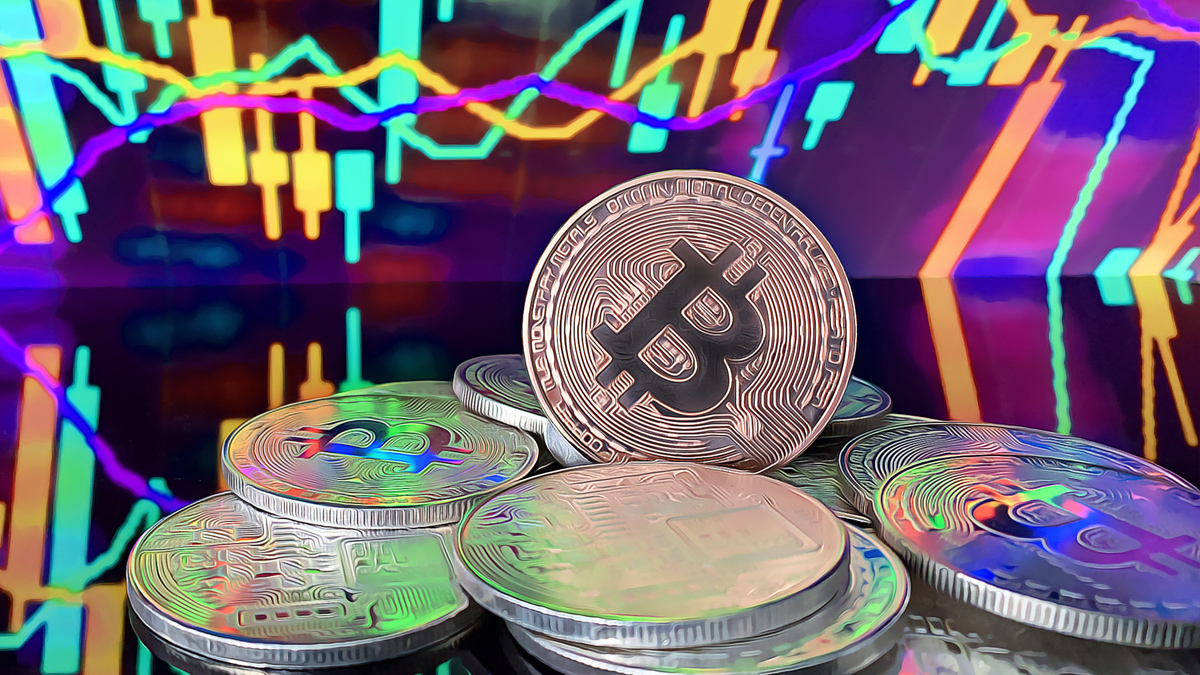



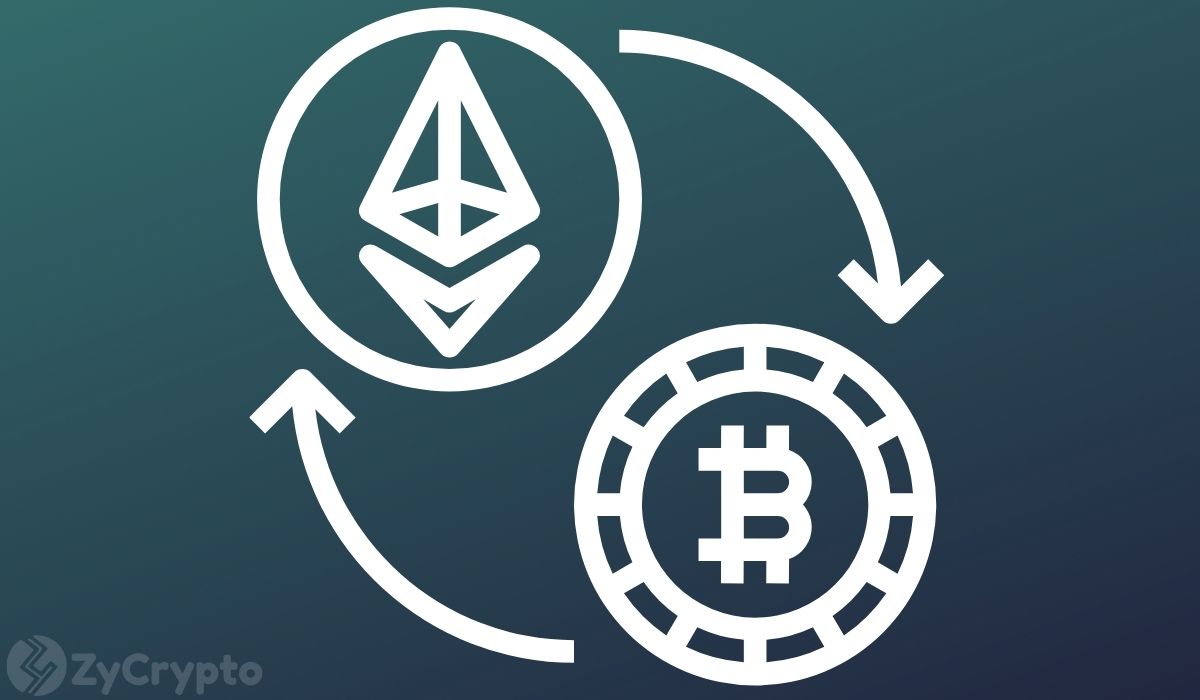


.jpg)

 24h Most Popular
24h Most Popular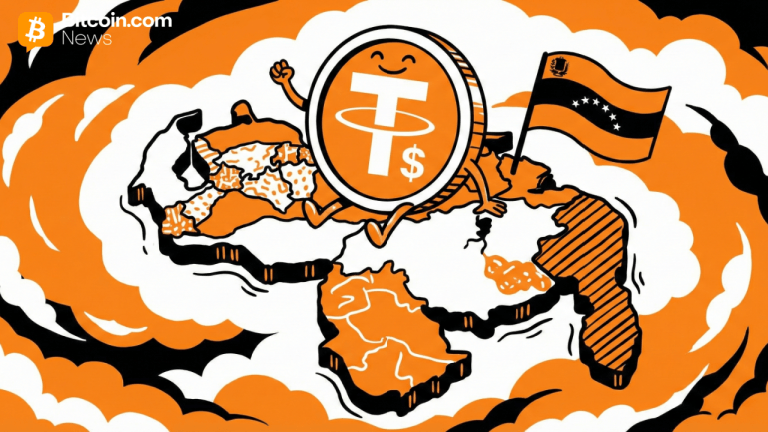
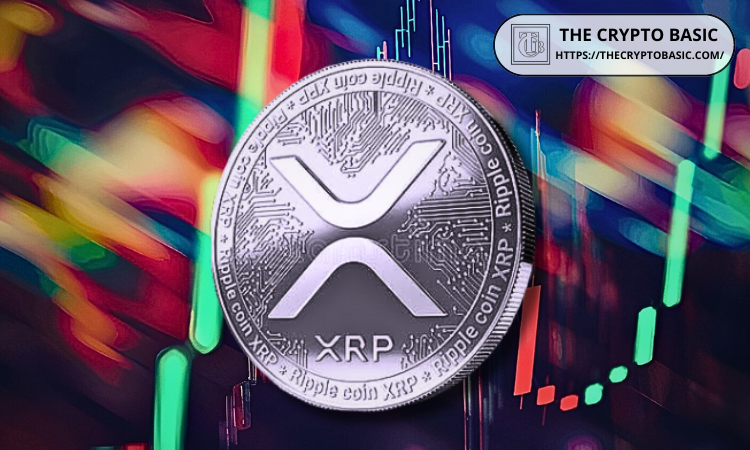


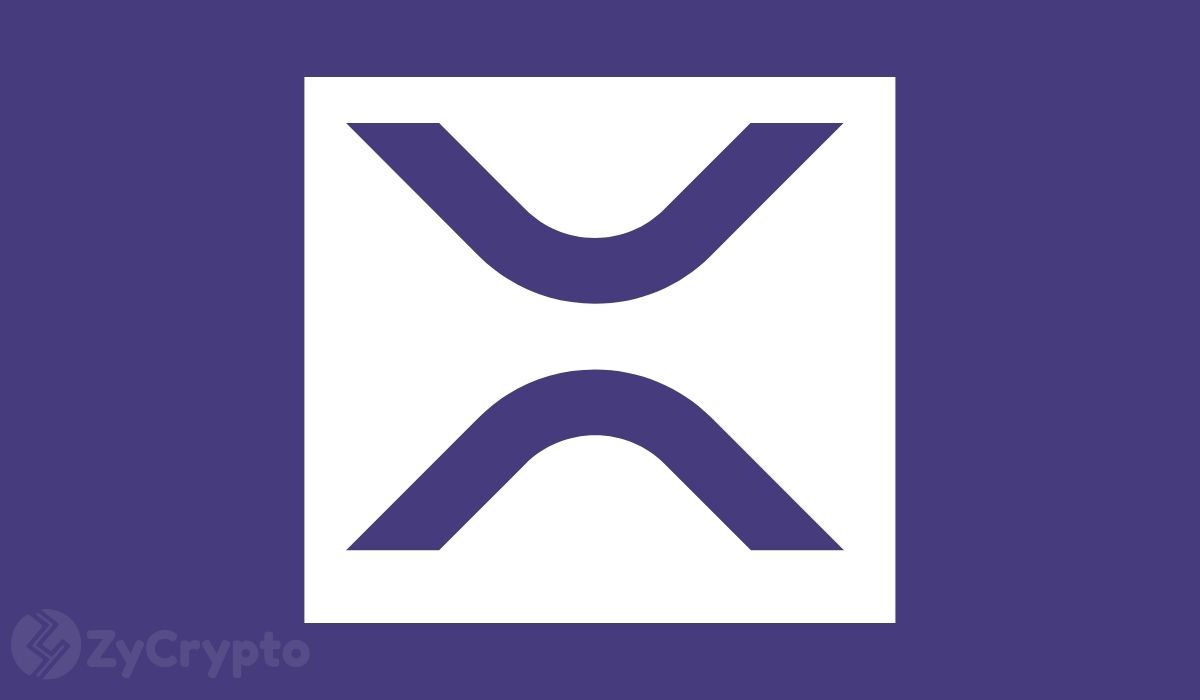
 Utilities
Utilities